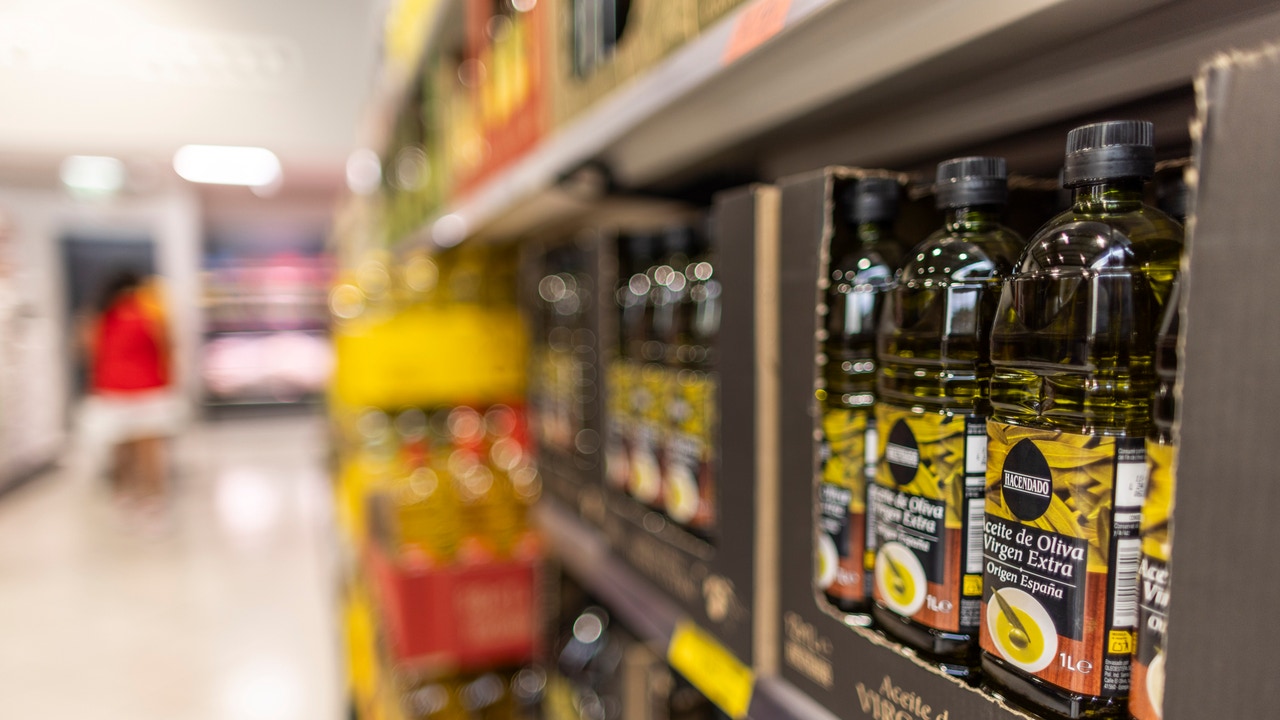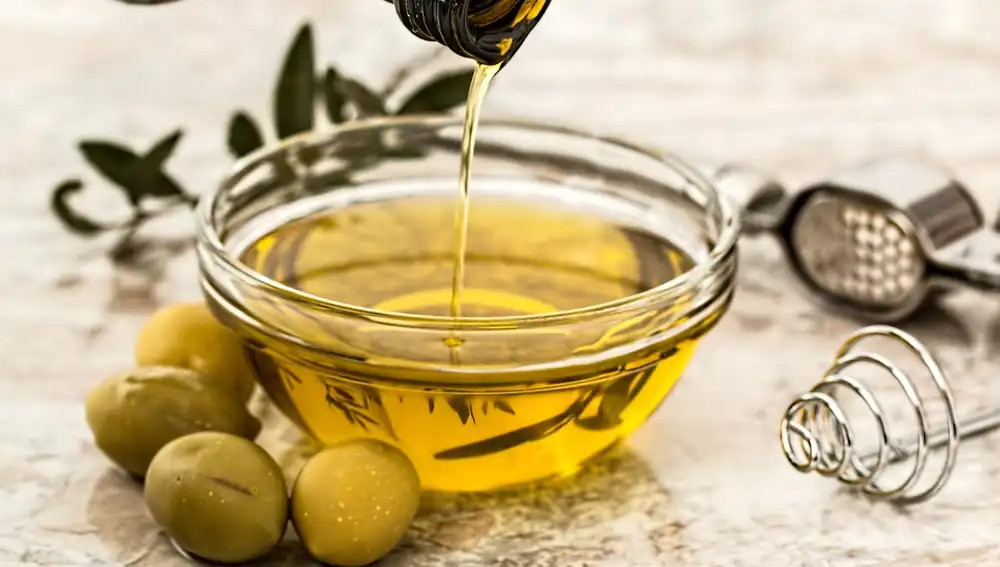
Thus acts in the genes
- Michael Johnson
- 0
- Posted on
One of the things for which Spain is most recognized in the world is by its longevity explained, among other factors, by the Mediterranean diet. Expert voices do not hesitate to affirm that there is a relationship between both concepts and, therefore, the diet of the Mediterranean residents is one of the food patterns that are most recommended throughout the world. Our country, specifically, provides one of the main ingredients of this diet, without which it would not be understood and from which many of its benefits come: the olive oil.
Now, a new international study reinforces the status of extra virgin olive oil (AOVE) as a key food in the prevention of heart disease that influences when it comes to healthy aging. Researchers from the IMDEA Food Institute (Madrid), the CEBAS-CSIC (Murcia) and the University of Padua (Italy) have identified phenolic compounds of this oil-especially hydroxytithosol-which could be decisive against the development of cardiovascular diseases.
This natural compound, highlighted in extra virgin oil, is associated with the Reduction of LDL cholesterol oxidationknown as “bad cholesterol.” In fact, scientists have been able to observe how it directly influences one of the earliest phases of atherosclerosis, a ailment that entails the hardening of the arteries and that is behind numerous cardiovascular events.
What olive oil does in your body

But research, published In the magazine Molecular Nutrition & Food Researchit goes further: demonstrates for the first time in humans how hydroxythritic impacts on the epigenoma. That is, it can modify the way in which certain genes are expressed without altering its sequence, opening the door to personalized nutritional therapies and strategies.
«These results give us a much clearer vision of Molecular mechanisms behind the beneficial health effects associated with olive oil extra virgin ». This is what scientists Alberto Dávalos affirm (IMDEA Food), Juan Carlos Espín (Cebas-CSIC) and Francesco Visioli (University of Padua), who also explain that “it is demonstrated that supplementation with hydroxy liblysol impacts on the epigenoma and encourages the secretion of exosomes, which transport certain certain microRNAs specific derived from the intake of this phenolic compound ».
The exosomes, those small vesicles that transport molecular messages between cells, reveal the path of hydroxythychythonds by our body. In them, micrors have been identified involved in key processes related to cardiovascular diseasessuch as the response to low oxygen levels, the function of smooth muscle cells or the maintenance of vascular endothelium.
It also has potential for cancer
The investigation has been developed during the last year in humans, providing them with a supplement of 25 milligrams to the day of hydroxythychythonds in oil form. To do this, it has had a wide multidisciplinary team. Together with the three main researchers, M. Carmen López, Joao Tomé-Carneiro, Andrea del Saz, María Carmen Crespo, Carmen Mazarío, María Ángeles Ávila, Luis A. Chapado, Lidia Daimiel and Victoria Martín have also participated.
In addition, they have been detected Epigenetic changes with potential interest beyond the heart: some micro -bounds are linked to oncological pathologies (cancer)which suggests new routes of research for the anti -cancer effects of the Aove. “The step forward that supposes for new research on these molecules and also for the incorporation of new elements in our diet with the aim of improving health and preventing the proliferation of prevalent disorders,” said those responsible for the study.
These findings arrive at a time when the role of Spain as a world leader in olive oil production continues to reinforce. Our country generates 45% of the world olive oil and 70% of the total European Union, consolidating not only as a gastronomic reference, but also scientific and medical. The Spanish “liquid gold” is not just a jewel of the Mediterranean tradition. Olive oil is also a potential tool to transform the future of precision nutrition and personalized disease prevention.